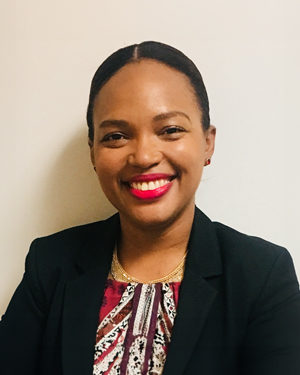Our Differences are Valued
Community engagement is key to improved patient outcomes for underserved populations. As part of our mission to advance human health, Nova Southeastern University Dr. Kiran C. Patel College of Allopathic Medicine (NSU MD) strives to enroll a qualified diverse student body and top-tier faculty talent.
We train future physicians to deliver culturally competent and qualified care for the diverse populations of Florida and beyond. As a student in our program, you will study health care disparities and acquire knowledge and skills to meet the unique needs of patients, families, and society.

I seek to represent my Spanish-speaking community which statistically has poorer health outcomes. I also want to provide compassionate up-to-date patient-centered care and my research experience at NSU has trained me to do this.
Darisel N. Ventura Rodriguez | M4
In Support of a Diverse Physician Workforce
NSU MD faculty, staff, and students engage with high school and college students through a wide range of pathway and outreach programs.
Pathway Programs

Outreach Programs


For any questions, contact:
Arkene Levy Johnston, Ph.D.
Assistant Dean of Community Engagement,
Professor of Medical Education
(954) 262-4158
alevy1@nova.edu

